Transferts monétaires sectoriels
Les transferts monétaires peuvent permettre aux personnes en situation de crise de répondre à leurs besoins liés à un secteur spécifique du domaine humanitaire, comme l’eau, l’alimentation, les abris, les moyens de subsistance ou la protection. Les transferts monétaires sectoriels peuvent être affectés ou non affectés, assortis ou non de conditions et ils sont généralement distribués dans le cadre d’options d’aides variées, qui peuvent inclure une aide en nature et une aide sous forme de services.
Chaque secteur doit réfléchir à plusieurs questions et prendre en compte les difficultés, avantages et risques au moment de soutenir la reprise économique des bénéficiaires dans son domaine d’expertise. Ce travail implique de disposer de données probantes, d’outils, de directives et de capacités. Atteindre les objectifs spécifiques à un secteur par le biais des transferts monétaires requiert également une compréhension multisectorielle des besoins et de ce qui constitue la sécurité économique des ménages ; voir la page Transferts monétaires à usages multiples. Alors qu’il existe dans certains secteurs une longue expérience de la mise en œuvre des transferts monétaires, d’autres se tournent tout juste vers cette modalité. La plupart des secteurs humanitaires se sont engagés dans cette voie et ont redoublé d’efforts pour mettre en place des transferts monétaires sectoriels. Le groupe mondial de coordination des clusters coordonne également le travail inter-clusters afin d’accroître l’utilisation sectorielle des transferts monétaires.
Priorités actuelles
Le CALP Network travaille en étroite collaboration avec les groupes techniques/groupes de travail sur les transferts monétaires au sein des clusters mondiaux, qui ont défini leurs priorités et plans de travail pour 2020 lors de leurs réunions régulières. Une vue d’ensemble générale et des détails spécifiques sur ces priorités dans chaque cluster mondial est disponible ici.
Thematic lead
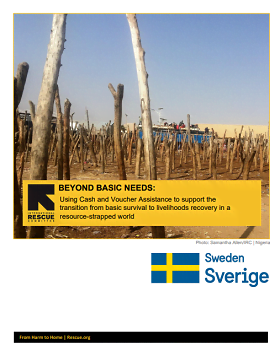
Beyond Basic Needs: Using Cash and Voucher Assistance to Support the Transition from Basic Survival to Livelihoods Recovery in a Resource-Strapped World
Guidelines and Tools
Do you think of yourself as a “cash” person OR as a “livelihoods” person? An “emergency” practitioner OR a “recovery” practitioner? Or do you find yourself unsatisfied with the often narrow implications of these terms? We’ll never have enough funding to provide basic needs support to everyone who needs it for the entire time they are in need, even if we take advantage of the...

Looking into 2020: short overview on global clusters, CVA and the CALP Network
Presentation
Overview as 2020 begins:
• Significant progress and commitment from all global clusters on integration of CVA into their work.
• Significant interest in different regions and by some donors on sector-specific CVA.
• Challenges that remain:
o Dialogue: 1) Ensuring CVA specialists understand sector specificities and successfully bank on the technical expertise emanating...

Building Evidence to inform the Effective Use of CASH and Voucher Assistance in Emergency Sanitation and Hygiene Programming
Report
An analysis of 5 case studies of utilization of CASH/Voucher Assistance are presented and analysed in the attempt of building evidence on their utilization in emergency WASH Sanitation and HP programming. Findings and recommendations are provided on Coordination, Situation and Response Analysis, Program Design, Implementation, Monitoring and Evaluation.
Contenu récent
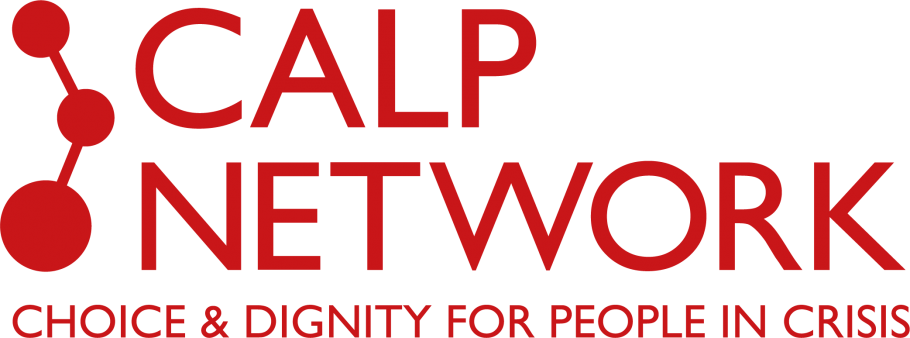
CALP Board Meeting
Members event
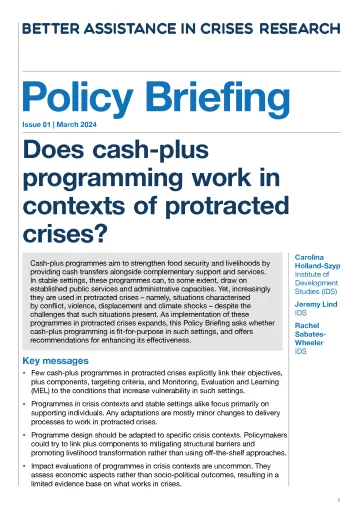
Does Cash-Plus Programming Work in Contexts of Protracted Crises?
Policy paper
Cash-plus programmes aim to strengthen food security and livelihoods by providing cash transfers alongside complementary support and services. In stable settings, these programmes can, to some extent, draw on established public services and administrative capacities. Yet, increasingly they are used in...

NGO Policy Dialogue Roundtable
Members event
ICVA and CALP would like to invite NGOs to a one-hour roundtable discussion for NGOs on 29th February at 9am UTC as part of a BHA and CALP convened CVA Policy Dialogue process. Please register here.
As part of the process, constituency roundtables have been organized e.g., among local organizations,...

Exploration des liens entre transferts monétaires et protection sociale en Afrique de l’Ouest et du Centre
Enregistrement webinaire
Ceci est le premier d’une série des webinaires visant à analyser les liens entre les transferts monétaires humanitaires et la protection sociale dans la région de l’Afrique de l’Ouest et du Centre. Le webinaire a tenté de poser un cadre de réflexion sur cette thématique grâce à...

South Sudan Joint Markets Monitoring Initiative (JMMI) Workshop
Members event
South Sudan Cash Working Group in collaboration with REACH and the CALP Network East and Southern Africa Regional Office wishes to extend an invitation to all CWG Members collecting JMMI data for the JMMI Workshop on Enhancing Market Monitoring in South Sudan. The virtual workshop is scheduled for...
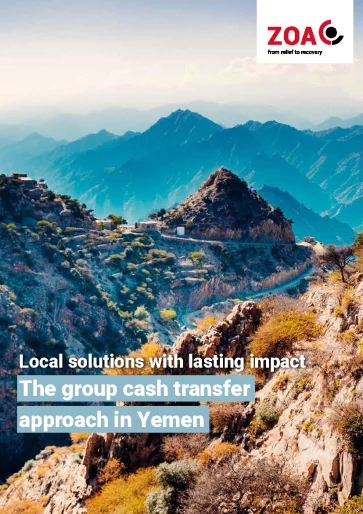
The Group Cash Transfer Approach in Yemen
Case Study
The GCT approach was contextualized and piloted successfully in both North and South Yemen by ZOA Yemen and its local partner SDF in 2022 and 2023. More than 100 community groups submitted their plans and received cash transfers to implement their proposed activities. Cash transfers ranged from 2,000 USD...

Linking Social Protection and Humanitarian CVA
Training
Please note that this is a 2-day face-to-face training, which will be delivered on 26th to 27th February 2024 in Dushanbe, Tajikistan. This event will be delivered in English with translation to Russian.

Locally Led Anticipatory Action Guide and Toolkit
Guidelines and Tools
How civil society organisations can engage with communities, and collaborate with mandated, technical and donor agencies to localise and scale up early warning and early action
The purpose of the guide is to support civil society organisations to engage with communities and other actors and structures...
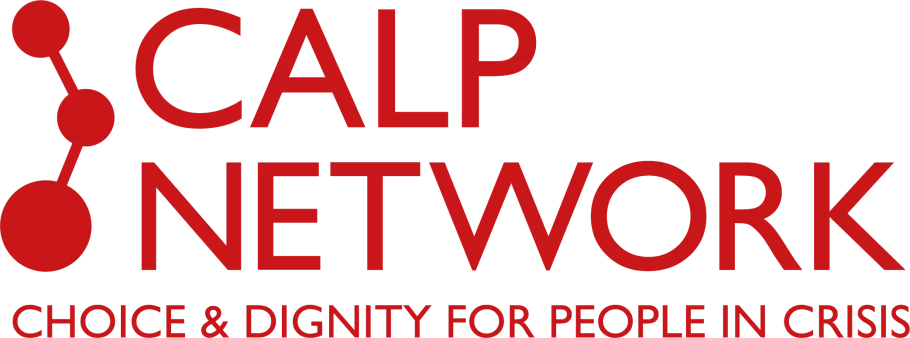
Data Responsibility Working Group (DRWG) Task Team on Cash
Members event
Promotes and tracks implementation of the IASC's Data Responsibility Guidance

CALP TAG (Technical Advisory Group) Meeting
Members event
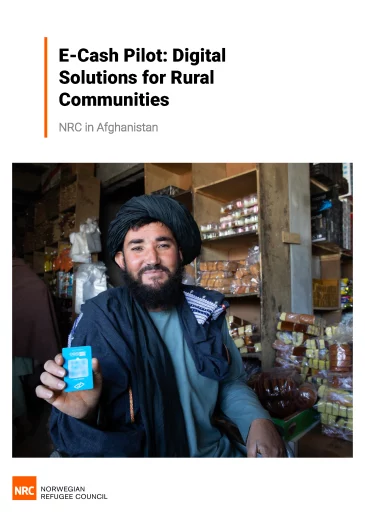
E-Cash Pilot: Digital Solutions for Rural Communities
Report
An innovative digital cash project piloted by the Norwegian Refugee Council (NRC) in the Maiwand district of Kandahar province has successfully demonstrated a new and more secure way of providing humanitarian assistance while significantly enhancing the inclusion and resilience of rural...
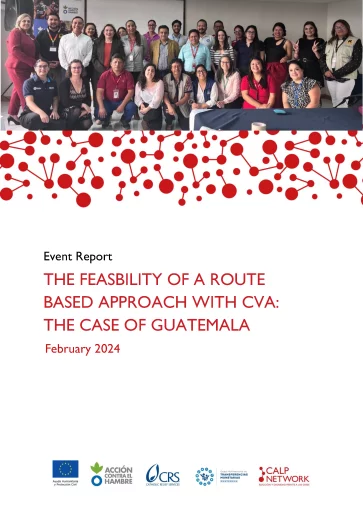
Event Report: The feasibility of a route-based approach with CVA: The case of Guatemala
Meeting minutes
In 2022, CALP recognized the importance of human mobility and CVA and invited its network to contribute to the evidence and debate. CALP conducted the study People are on the move: Can the world of CVA keep up? Analysis of the use of CVA in the context of human mobility in the Americas examined the use of...

Pathways Toward a Green Humanitarian Response
Report
The humanitarian sector is grappling with the task of reducing its negative impacts upon the climate and environment. Despite growing awareness of the need to shift towards greener action, tangible change and outcomes have remained frustratingly limited, while the impacts of climate and environmental...
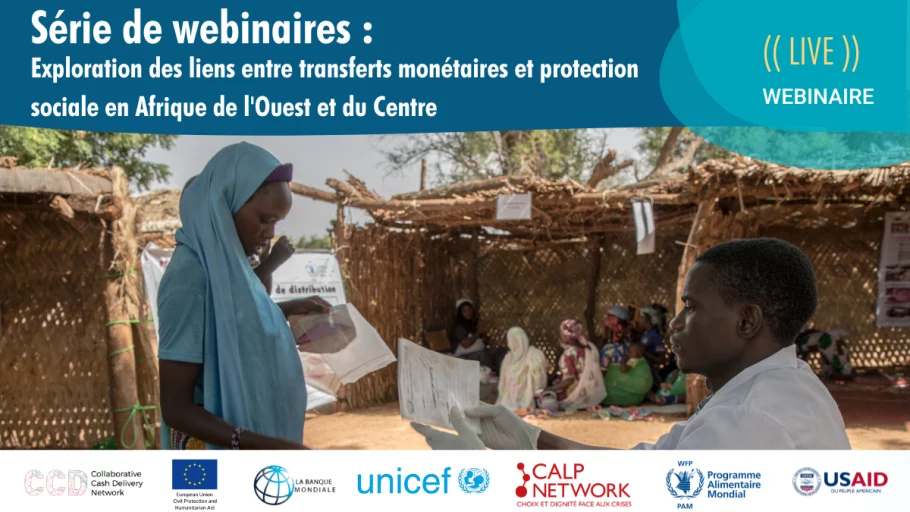
Exploration des liens entre transferts monétaires et protection sociale en Afrique de l’Ouest et du Centre
Webinaire
La nécessité de lier l’aide humanitaire aux systèmes de protection sociale a fait couler beaucoup d’encre, en particulier pendant la pandémie de COVID. Ce lien devrait englober différents contextes, depuis les États stables et bien organisés, contextes privilégiés par les acteurs du...

Addressing Negative Socioeconomic Impacts of the COVID-19 Pandemic through Social Protection in Viet Nam – Supporting incomes and livelihoods with cash assistance in Dong Nai province
Case Study
In late April 2021, Viet Nam faced its fourth wave of COVID-19, with over 895 000 new cases reported. COVID-19 and related restrictions hindered livelihood options and vulnerable households faced financial stress to cover basic needs. Some of them lost their income and were unable to return to home...

Special session: Payments group, RedRose
Members event
This special session of the Payment Solution Seekers roundtable group is part of a series of events that seeks to increase the surface area between private sector payment companies and Cash and Voucher Assistance (CVA) implementing organisations.
This event gives implementing organisations a chance to...
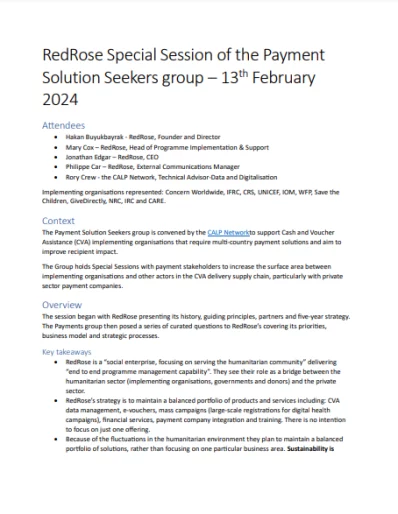
RedRose presentation to Payments group – Notes, 13th February 2024
Meeting minutes
These meeting notes give details to the Special Session held with RedRose on 13th February 2024, hosted by the Payments group.
The session began with RedRose presenting on its history, guiding principles, partners and five-year strategy. The group then posed a series of curated questions to understand...
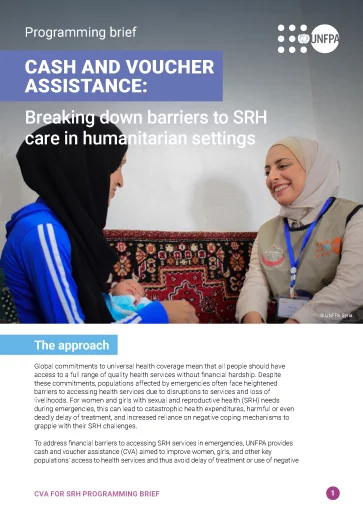
Cash and Voucher Assistance: Breaking down barriers to SRH care in humanitarian settings
Case Study
Global commitments to universal health coverage mean that all people should have access to a full range of quality health services without financial hardship. Despite these commitments, populations affected by emergencies often face heightened barriers to accessing health services due to disruptions to...

Augmenter l’utilisation des transferts monétaires – une partie de la réponse aux coupes dans le financement humanitaire ?
Blog Post
Karen Peachey, directrice du CALP, affirme que face aux réductions du financement humanitaire, nous devons utiliser les outils les plus rentables à notre disposition – et que les transferts monétaires correspondent à la facture.

Egypt Cash and Voucher Assistance (CVA) and Child Labor: Program Summary and Evidence-Building Infographic
Case Study
This infographic highlights the main findings and achievements of Save the Children CVA operations in Egypt between March 2023 and November 2023, which aimed to assess and highlight the impact that CVA has on child protection outcomes, with a specific focus on unaccompanied and separated refugee children...


